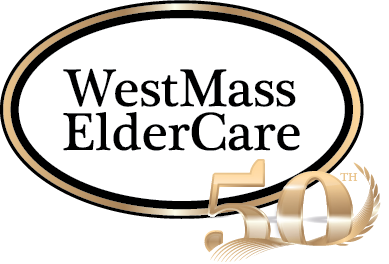The holiday season is a special time for gathering with family and friends, sharing meals, stories, and laughter. For many, it’s a rare opportunity to reconnect with relatives they may not have seen for months or even years. However, these gatherings can also bring to light subtle signs of change in older adults and individuals with disabilities that might otherwise go unnoticed. Recognizing these changes early can make a significant difference in addressing health and support needs promptly.
Noticing Changes During the Holidays
When you reunite with loved ones, it’s natural to observe differences in their behavior, physical appearance, and overall demeanor. Here are some subtle signs to watch for:
- Memory Lapses: Occasional forgetfulness is normal, but frequent memory lapses, confusion about familiar people or places, or repeating the same questions can be concerning.
- Behavioral Changes: Look for signs of withdrawal from social interactions, increased irritability, or noticeable changes in mood. These can indicate underlying issues such as depression or cognitive decline.
- Physical Appearance: Noticeable weight loss, poor hygiene, or wearing inappropriate clothing for the weather can signal neglect or inability to manage daily tasks.
- Mobility Issues: Difficulty standing, walking, or sitting can indicate physical health problems that need attention.
- Environmental Clues: The state of the person’s home can provide clues. An unkempt living space, expired food, or unpaid bills might indicate challenges in managing day-to-day responsibilities.
Coping with Observations
Realizing that a loved one may be experiencing decline can be distressing. Here are steps to help you cope and take action:
- Communicate Gently: Approach the subject with sensitivity. Express your observations as concerns rather than criticisms. For example, “I noticed you’ve lost some weight. Is everything okay?”.
- Listen and Empathize: Allow your loved one to share their feelings and experiences without judgment. Listening can provide valuable insights into their needs.
- Seek Professional Help: Early intervention is crucial. Reach out to healthcare professionals, such as WestMass ElderCare, for assessments and advice on next steps. Read on for how to contact WMEC.
- Involve Other Family Members: Share your observations with other relatives to ensure a collective approach in providing support.
- Consider Long-Term Care Options: If necessary, explore options for long-term care, such as in-home assistance, assisted living, or nursing homes.
Reaching Out to WestMass ElderCare
WestMass ElderCare is an invaluable resource. We offer a range of services designed to support older adults and individuals with disabilities, including:
- In-Home Care Services: Assistance with daily activities to help maintain independence.
- Caregiver Support: Resources and respite care for those caring for a loved one.
- Nutrition Programs: Meals on Wheels and community dining options.
- Protective Services: Support for individuals experiencing abuse, neglect, or exploitation.
- Housing Assistance: Help with finding and maintaining suitable living arrangements.
To access these services, you can contact us directly at 413.538.9020 or info@wmeldercare.org. Our knowledgeable and compassionate staff are ready to provide guidance, resources, and support tailored to your loved one’s unique needs.
Conclusion
The holidays are a time for joy and connection, but they also provide an opportunity to recognize and address the subtle signs of change in older adults and individuals with disabilities. By staying observant, communicating with empathy, and seeking professional support, you can help ensure your loved ones receive the care and assistance they need. Remember, organizations like WestMass ElderCare are there to support you every step of the way.


